June 2022

We create a platform for the industry to gain more insights into the emerging trends, industry specific problems of national importance and global best practices in logistics & supply chain management. We enable the industry to cut down the transaction cost, increase efficiency, and enhance profitability and enable to sensitize and bring solutions to macro level issues.
News highlights from the world of supply chain and logistics that appeared in media over the last one month.
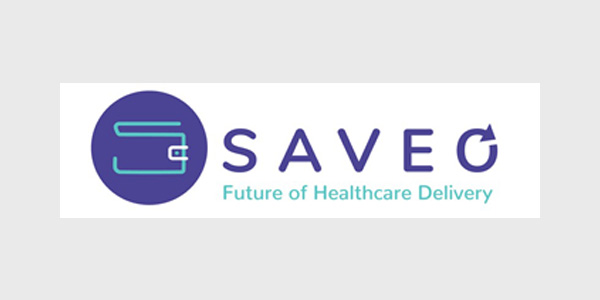
|
|
The pandemic transformed pharma supply chain in India, said Vivek Jaiswal, Co-founder, Saveo Healthtech in a talk with ET Health World. He added that the accelerated use of technology was crucial in strengthening pharma logistics.It made it possible for the industry to get the critical medical supplies to people faster and in greater numbers.
|
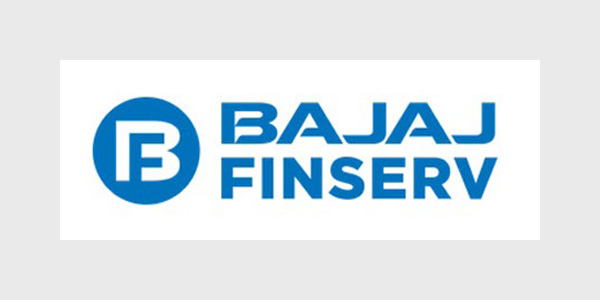
|
|
Sanjiv Bajaj, CMD. Bajaj Finserve and the CII President for 2022-23 said in a TOI interview that the [Russo-Ukrainian] war and the supply chain disruptions are delaying the pick of investments. However, the resolution of these challenges could allow India to become a hub for safe sourcing. Pertaining to the same set of challenges, Observer Research Foundation's Dr. Nilanjan Ghosh has written about the dire need for India's food value-chain companies to develop better risk management instruments and strategies.
|

|
|
Research firm Canalys has reported that smartphone shipments grew only by about 2 percent in the last quarter of FY22, with vendors shipping 38 million smartphones in India during the period.
|
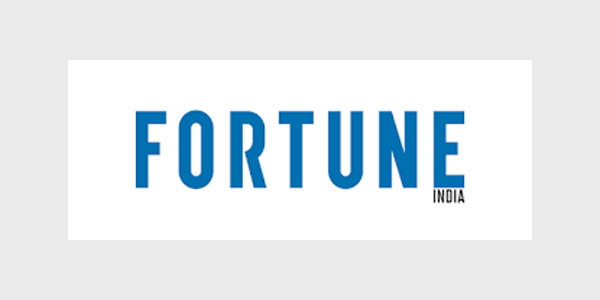
|
|
Fortune India reports that a whole range of challenges - Covid-19, chip famine, container shortage, rising commodity prices, the ongoing conflict and the China lockdown - has India's auto ancillary and component manufacturing industry facing a tough road ahead.
|
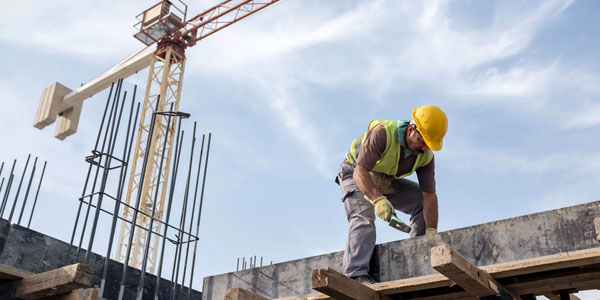
|
|
At the same time, the construction industry in the country is also experiencing a period of slow activity due to the global supply chain shortages. The same is true for the Indian paper market and the print industry, reports Print Week.
Despite the challenges, the industry continues to witness growth and expansion.
|

|
|
Automaker Stellantis, that sells Jeep and Citroen brands, sees India business as a growth opportunity. CEO Carlos Tavares said that he expects revenues in the country to more than double by 2030.
|
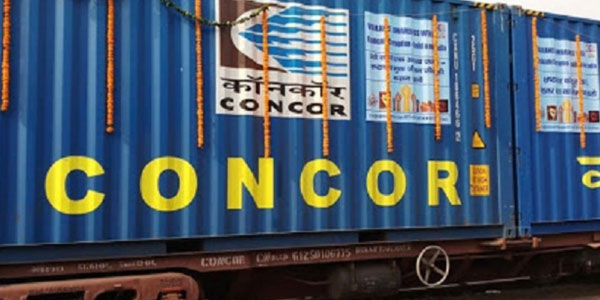
|
|
Mr. V Kalyana Rama, CMD, CONCOR said in an analyst call that he anticipated growth of 25 percent for domestic demand and 15 percent for cross-border trade. Among CONCOR's major projects in development is a Rs 500-cr multi-modal logistics park that the company is building in Gujarat near Varnama railway station, a location close to National Highway (NH) 8.
|
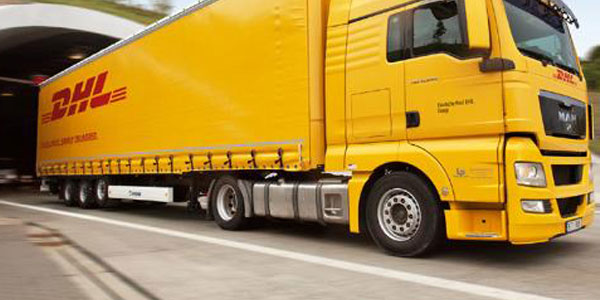
|
|
Leading logistics service provider DHL Supply Chain has announced the expansion of its India Fulfilment Network (IFN) from Bengaluru to Ahmedabad, Mumbai, and Delhi, aimed at serving India's growing e-commerce market and help fuel the growth of small and medium enterprises (SMEs).
|

|
|
Fashinza, an Indian B2B startup for fashion brands and merchants, has raised $100 million in Series B funding led by Prosus Ventures and Westbridge Capital in equity and debt, reports Nikkei Asia.
|
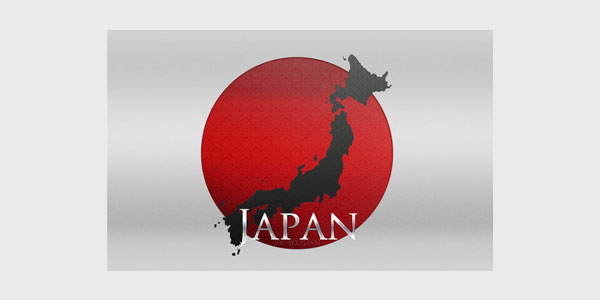
|
|
The Japanese government has chosen eight Indian and Australian projects in several sectors including IT, medical and cold chain. Six of the eight projects have been chosen from India and as part of the 'Program for the Supply Chain Resilience in the Indo-Pacific Region'. These projects will be implemented by March 2023, the Japanese Embassy said in a statement.
|

|
|
There are four tech trends that are emerging in India's medical supply chain. These include ultra-low freezers for deployment in vaccine cold chains, adoption of green gases and natural refrigeration models, and remote temperature monitoring systems.
|

|
|
The government has continued with its measures to support the industry. Following requests from traders and central ministries, India's government is working on initiatives to open rail line for imports from Bangladesh. Taking it forward, India's Central Board of Indirect Taxes and Customs (CBIC) has issued a framework for importing of goods in sealed containers by rail from Bangladesh. The Indian Steel Association said in a statement that the industry welcomes the removal of import duty on coking coal and few other input raw materials for the industry. The government has waived customs duty on the import of some raw materials to help the domestic steel industry.
|
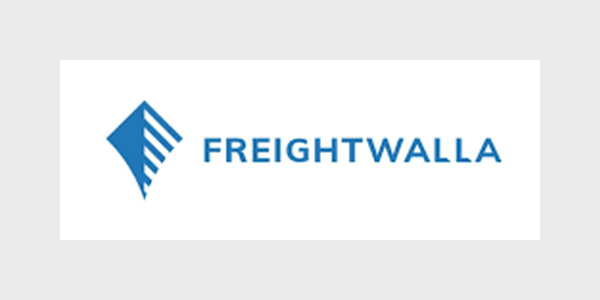
|
|
Sanjay Bhatia, CEO and Co-founder of Freightwalla, a digital forwarding platform, wrote that connected logistics is essential to counter the multiple weakness in the sector that include a lack of awareness, fragmented markets, and inadequate standardization.
|
INTERNATIONAL
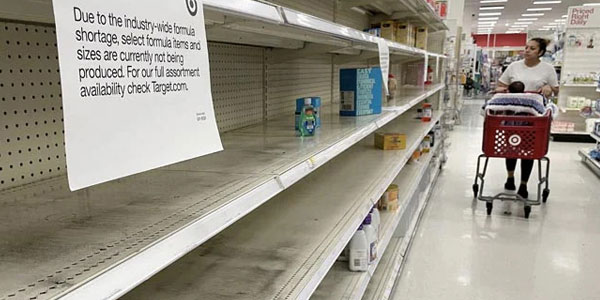
|
|
The USA's baby formula shortage spurs the country's government and industry into urgent action, as parents nationwide rush to arrange stocks and department shelves run empty. On May 21, President Biden signed a bill to improve access to baby formula for families covered under the government's Women, Infant and Children (WIC) program. WIC participants buy about half the baby formula in the country. Meanwhile, the first overseas shipment carrying baby formula arrived from Germany. And The CEO of Abbott, the biggest manufacturer of the product and the company whose voluntary recall became a trigger of the crisis, issued an apology.
|
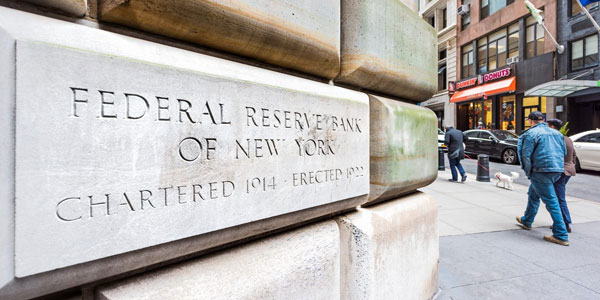
|
|
Global supply chain index shows increasing disruptions ahead. The index, created by the Federal Reserve Bank of New York, integrates transportation cost data and manufacturing indicators to provide an assessment of global supply chain conditions.
|

|
|
Shipping rates in tea's global supply chain have increased markedly from pre-Covid times and that is just one of the many concerns that the tea industry is grappling with. For example, 40' container rate from Kolkata to New York was $6,500 before the pandemic. It now ranges between $15,000 to $20,000, says the report.
|
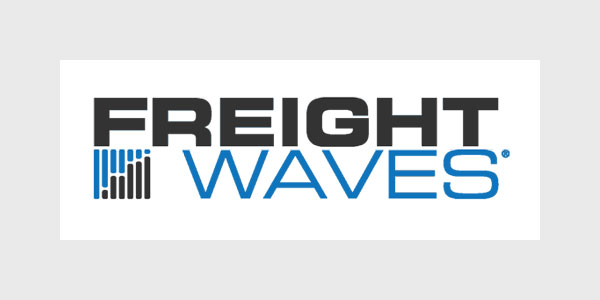
|
|
Craig Fuller, the CEO of FreightWaves states that advanced supply chain technologies will become mission-critical for more organization with increasing supply constraints, higher energy costs, andrising geopolitical risks.
|

|
|
U.S. Treasury Secretary Janet Yellen expressed concerns that Covid lockdowns in China are disrupting the flow of goods globally. He cautioned that a growth slowdown in one of the world's largest economies could have a spillover effect which needs to be assessed.
|
|
|
|
A recent Havard Business Review article analyzed the impact of the semiconductor shortage on auto industries and the big tech companies and how business leaders can prevent this from happening again.
|

|
|
Workers leaving their jobs in the United States and around the world, a phenomenon called "The Great Resignation", is impacting businesses worldwide. The global trade mag throws light on its likely effects on supply chains.
|

|
|
Consumer electronics major Apple is reportedly signaling to some of its manufacturing contractors that it wants to expand its production footprint outside of China, considering the latter's stringent Zero-Covid restrictions. A Wall Street Journal report said that Vietnam and India figure high on the list of sites for the potential move.
|
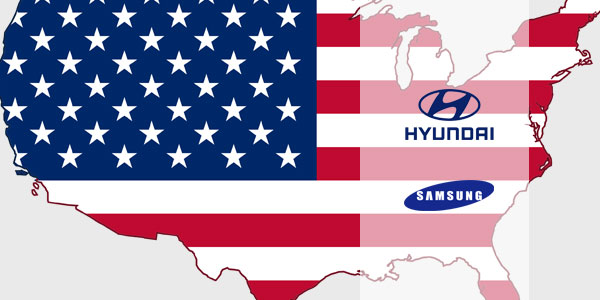
|
|
South Korean companies, notably Hyundai and Samsung increase their American investments to partake more in the demand growth of the latter's economy.
|

|
|
An Accenture report said that supply chain disruptions caused by the pandemic and the Russia-Ukraine war could precipitate a €920 billion cumulative loss to GDP of the European economies by 2023. The report said that overcoming the challenges could require reinvention of the supply chains.
|

|
|
A Forbes article presents the case that Britain's ambition to move to the forefront of the global electric vehicle industry needs a push.
|

|
|
A DHL report showed that business managers are so concerned with supply chain disruptions that most companies have already started to prepare the year-end holiday season.
|
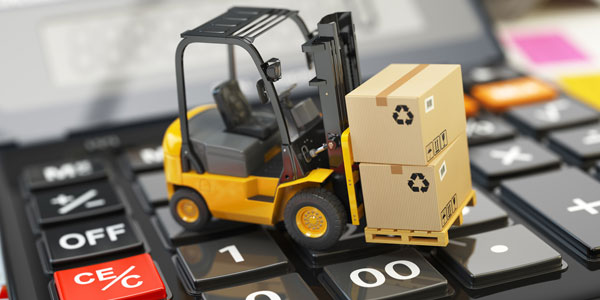
|
|
Neighbor Bangladesh's logistics costs, which could be as high as 40 percent of production costs, could weaken the country's competitiveness, said Abul Kasem Khan, Chairperson, trustee board of Business Initiative Leading Development (Build) to TBS in a recent interview.
|
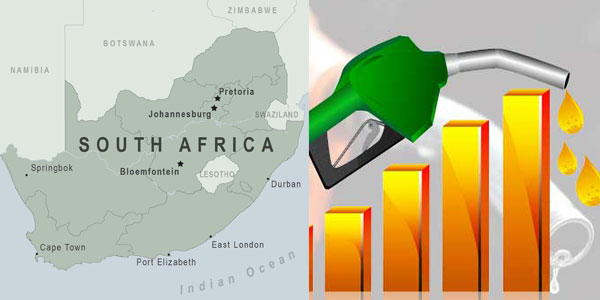
|
|
South Africa is facing the prospect of retail price increases because of a sharp rise in fuel costs for the road freight and logistics industry.
|

|
|
A global business consulting firm partner outlined four steps that could help organizations foster greater supply chain resilience. Adoption of a beyond-cost mindset, building greater trust, and strengthening internal collaboration are some of the steps toward this goal.
|

|
|
Now some encouraging news. Space is the promising new frontier in logistics, as the growth of supply and demand for on-orbit activities is rising. It is estimated that space logistics will generate $4.4 billion by 2031, driven by private sector leadership of more than 50 companies, and $715 million raised in the past five years.
|

|
|
On-demand manufacturing is changing how parts are made and delivered, and it could very well be a driver of the next supply chain disruptions, notes Industry Week.
|
Will connect again next month, with a comprehensive dossier of news, trends and events from the industry.
| Courtesy: Newsletter content developed by Mr. Aanand Pandey | ||